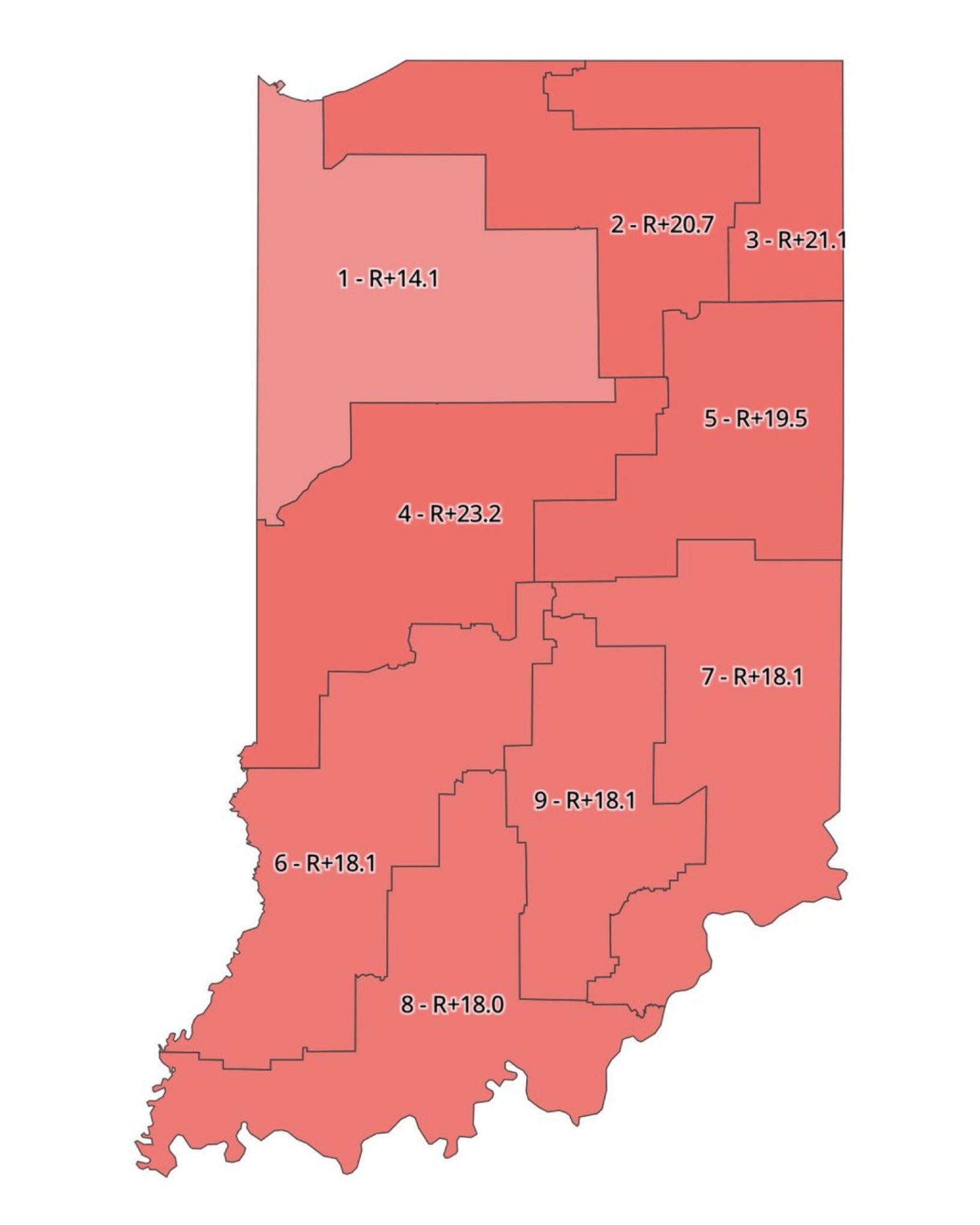JD Vance Condemns Justification of Murder Amid Political Disagreements
In a recent statement, U.S. Senator JD Vance expressed strong condemnation of the justification surrounding the murder of political commentator Charlie Kirk. Vance, a Republican from Ohio, emphasized the need for moral clarity in the face of political violence, asserting that no individual should be justified in their death due to differing political views.
Vance's remarks came in response to discussions that appeared to downplay the severity of Kirk's murder, which he described as "cold-blooded" and deeply troubling. "These guys were justifying [the Charlie Kirk killing]. They say he said controversial things. As his friend, I say, SO WHAT?" Vance stated, highlighting the inappropriate focus on Kirk's political beliefs rather than the act of violence itself.
The senator urged that the appropriate response to such an act should be unequivocal condemnation, regardless of the victim's political stance. "Your attitude should be - I don't care what you said, political disagreements - that was WRONG. Murdering someone was WRONG. Full stop. No follow-up. No caveats," he asserted. Vance's comments reflect a growing concern among some political leaders regarding the normalization of violence in political discourse.
Vance further argued that the path to reducing political violence lies in leaders from both sides of the aisle unequivocally denouncing such acts. "That's how you end political violence in this country. You have leaders on the left and right willing to condemn it without ANY exception," he stated. However, he expressed disappointment that some individuals on the far-left have not shown the same willingness to condemn violence, suggesting a troubling trend in the current political climate.
The senator's remarks resonate amid ongoing national debates about political rhetoric and its potential consequences. As discussions surrounding political violence continue, Vance's call for a unified stance against murder and violence serves as a reminder of the importance of maintaining civility in political discourse.


